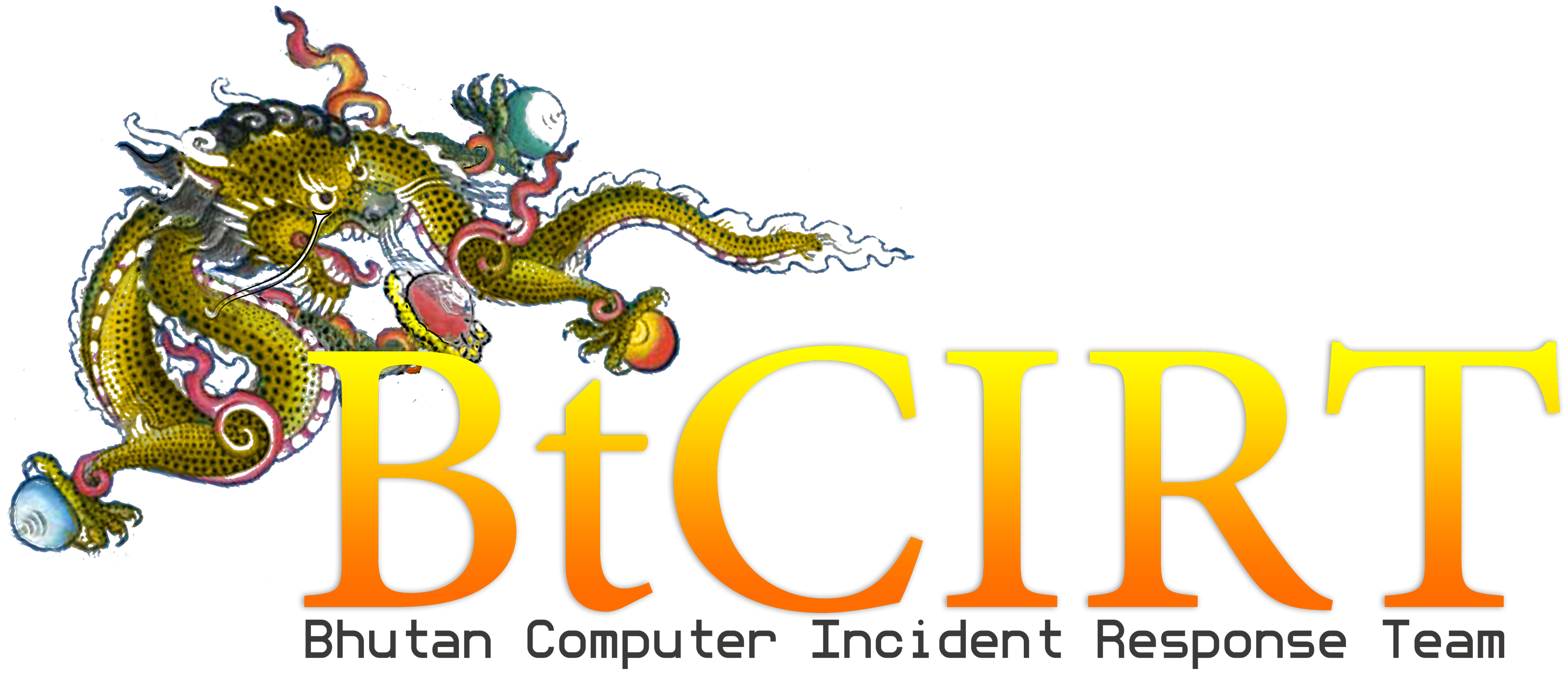Introduction:
We all love playing online games; from time to time until late in the night on our mobile devices, gaming consoles, or computer. One of the most amazing things about gaming now, is that we are connected to the whole world and can interact with each other in many ways. To do so, we are required to set up accounts on game platforms and talk to people we don’t know at all.
With this new level of activity comes risks, especially from:
- social interactions with strangers who may trick you into revealing personal or financial information
- computer intruders exploiting security vulnerabilities
- online and real-world predators
- viruses, Trojan horses, computer worms, and spyware
Technological Risks
Online gaming can involve the following technological risks to your computer system or the systems of gamers with whom you interact.
- Viruses and Worms
Viruses may arrive as attachments in email messages or via instant messaging programs, and corrupt or malicious programs may be hidden in game files you download or software you install.
- Malicious Software
Viruses and worms may be used to install malicious software on your computer. Malicious individuals may also take advantage of the social networks associated with online games that rely on chat, email, or even voice communication to entice you to visit bogus web sites or open email attachments containing malicious software and install this software on your computer. They then use this software for a variety of illicit purposes.
- Insecure or Compromised Gamer Servers
- Gamer concerns: If the software on the game server has been compromised, computers that connect to it can be compromised also. Essentially, any game with a network connection carries some level of risk to computer security, especially compared to playing a computer game that does not require a connection to another computer or a link to the internet. By exploiting vulnerabilities, malicious users might be able to control your computer remotely and use it to attack other computers or install programs such as Trojan horses, adware, or spyware, or gain access to personal information on your computer.
- Server operator concerns: Operating a computer server to run a gaming application involves the same challenges and risks associated with operating a server for other applications. Intruders may break into or crash your server if its security profile, or level of protection is insufficient.
Social Risks
Although computer games were once solitary activities, most now have an online community that talks, chats, or sends instant messages during the games. Some computer intruders may use the social interaction of the online gaming environment in an attempt to exploit software vulnerabilities. Others may try to gain access to unprotected computers connected to the internet. The intruders may want to do any of these:
- capture your personal information
- steal your identity
- steal credit your card information
- inappropriately contact children by pretending to be another child, setting up meetings, or tricking them into revealing personal information
The following sections highlight social risks associated with online gaming:
Social Engineering
Malicious individuals may try to trick you into installing software on your computer that they can use to control your computer, monitor your online activities, or launch attacks against other computers. They may, for instance, direct you to phony web sites offering bogus patches or game downloads that, in reality, are malicious software.
Identity Theft
If a malicious individual can gather information about you from the profiles you create in games and other sources, they may be able to use it to establish accounts in your name, resell it, or use it to access your existing financial accounts. In South Korea,3 more than a thousand gamers had their identities compromised through a fantasy game called “Lineage.” Game accounts were created in their name without their knowledge. There was speculation that people were trying to make money selling virtual weapons and abilities used in the game.
General Recommendations:
- Use antivirus and antispyware programs.
- Be cautious about opening files attached to email messages or instant messages.
- Verify the authenticity and security of downloaded files and new software.
- Configure your web browsers securely.
- Use a firewall.
- Identify and back up your personal or financial data.
- Create and use strong passwords.
- Patch and update your application software.
Gaming Specific Recommendations:
- Play the Game at the Game Site
- Create a family email address for signing up for online games.
- Screenshots: If anything bad happens while playing online games, stop immediately and take a screenshot (using the “print screen” button on the keyboard) and report it — using the screenshot as evidence.
- Configure your web browsers securely. Use a firewall.
- Never give personal information over the Internet while downloading games.
- Some free games may contain a virus, so be cautious and refer while downloading them.
- Instead of turning off your antivirus program, use security software that adapts itself to gaming such as adware.Ad-Aware’s Game Mode suspends security alerts and scheduled scans but provides real-time protection while limiting its use of system resources.
References:
Adaware Security essentials for online gaming
https://www.adaware.com/blog/security-essentials-for-online-gaming
US CERT Playing it Safe: Avoiding Online Gaming Risks https://www.us-cert.gov/sites/default/files/publications/gaming.pdf
Avast Blog on Online games: 5 risks to your online security and privacy
https://blog.avast.com/online-games-5-risks-to-your-online-security-and-privacy

